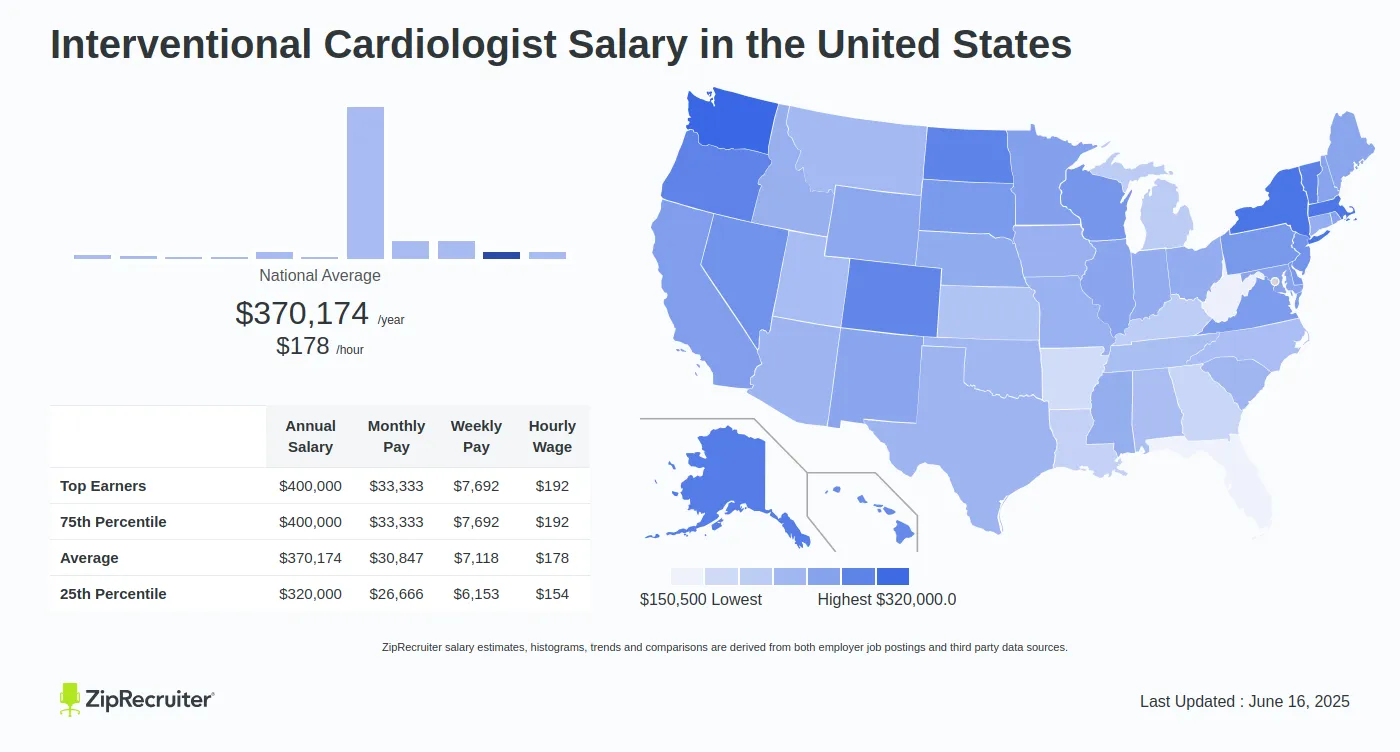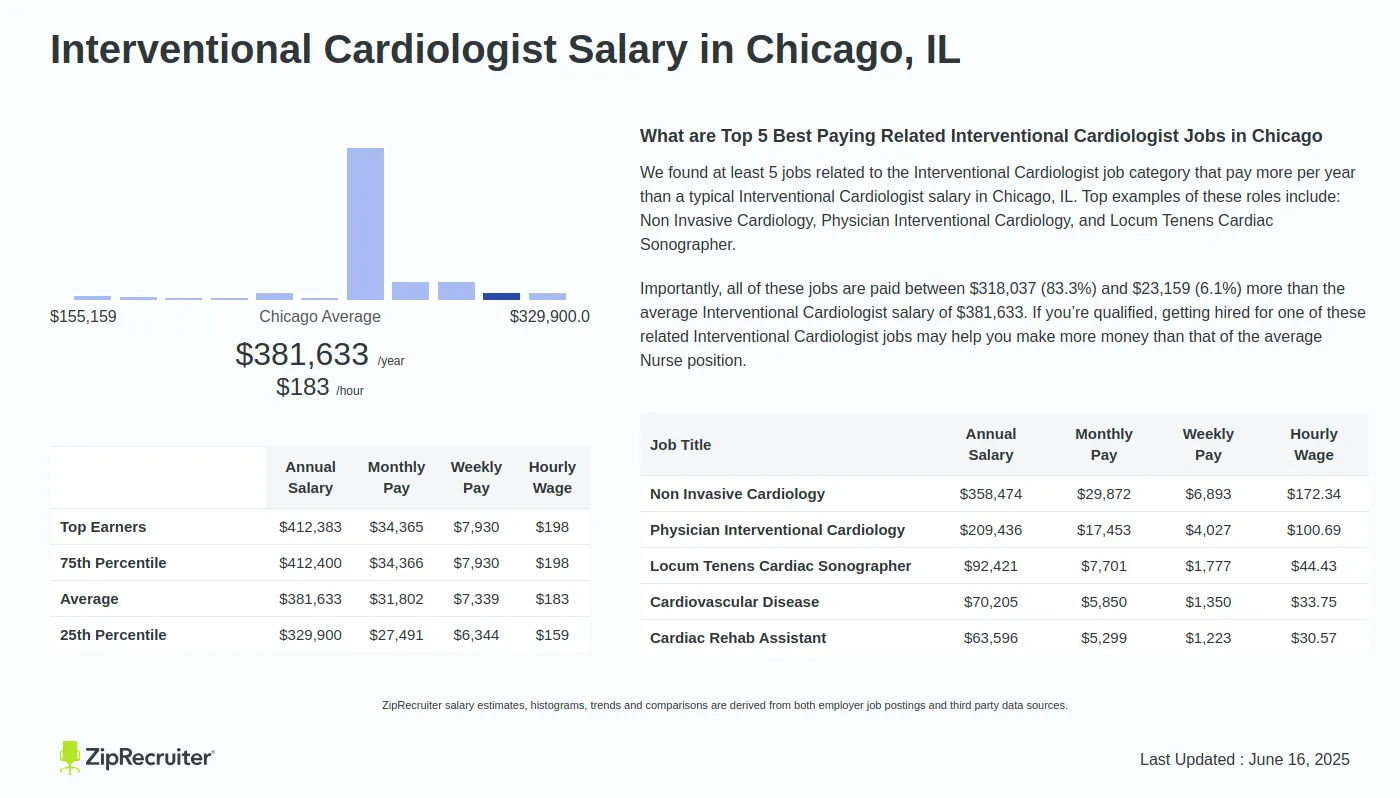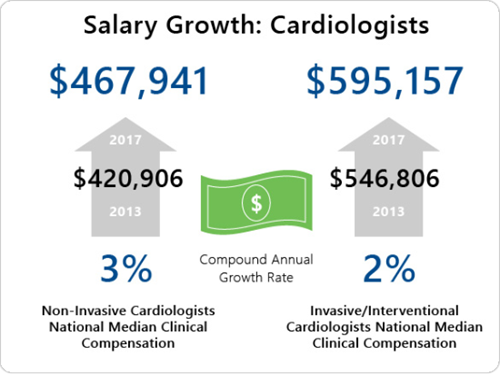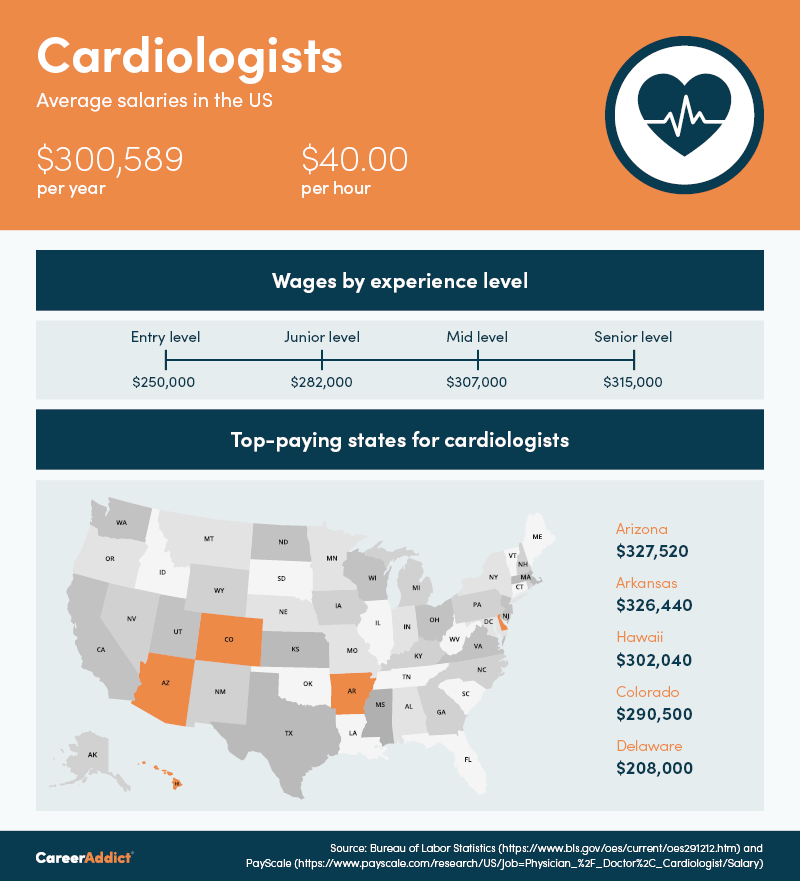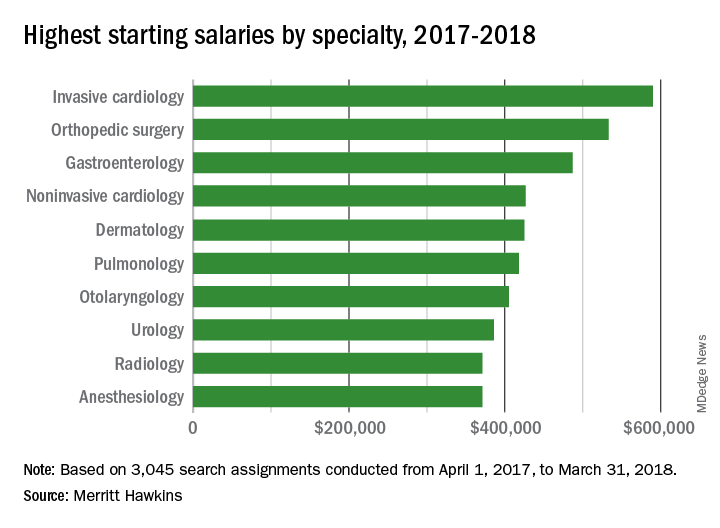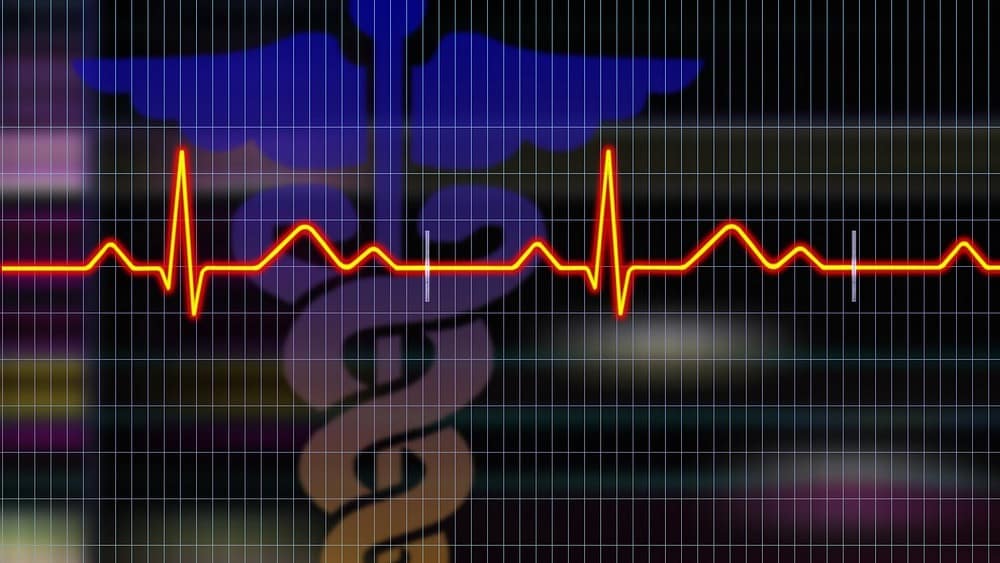Salary For Interventional Cardiologist
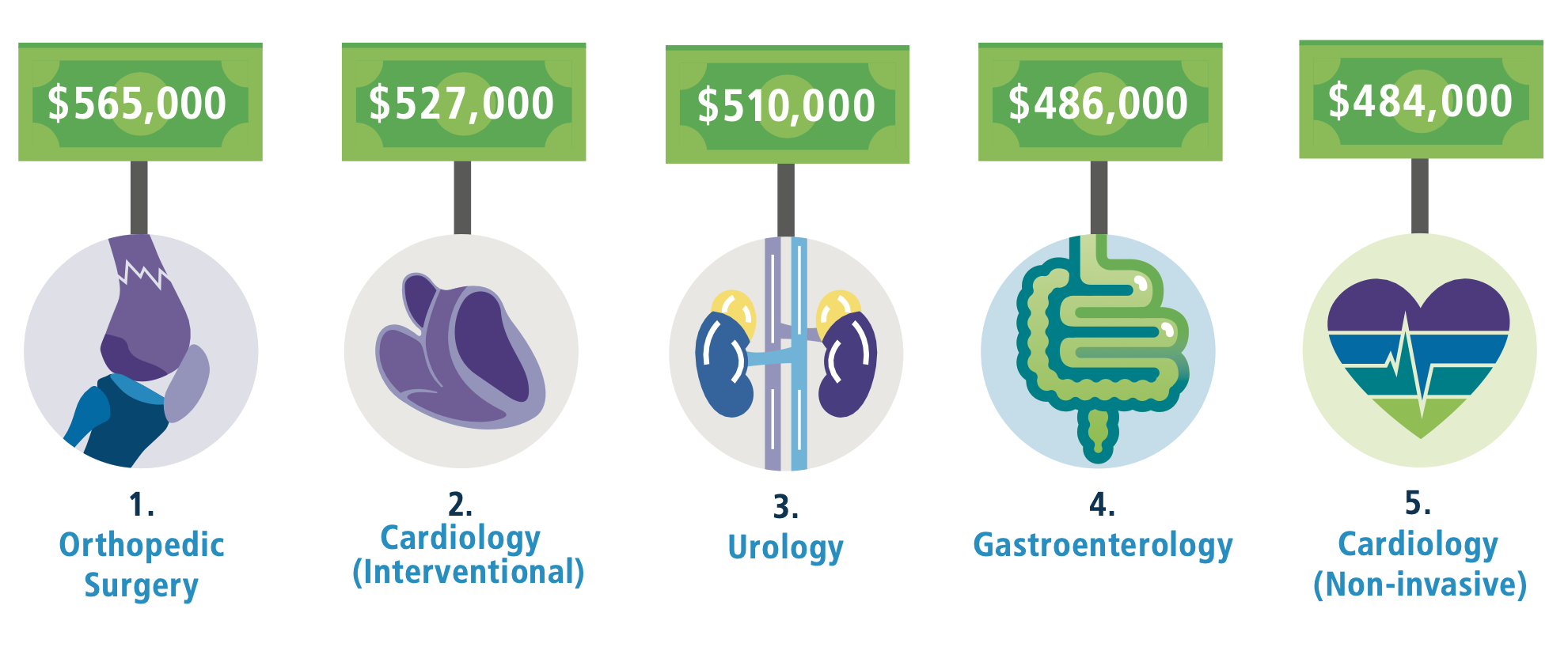
The demand for interventional cardiologists continues to rise, driven by an aging population and advancements in minimally invasive cardiac procedures. This surge in demand significantly impacts compensation, making it a topic of keen interest for medical professionals and healthcare administrators alike.
Understanding the salary landscape for interventional cardiologists requires careful consideration of various factors, including experience, location, practice setting, and specialized skills. Examining these elements provides a clearer picture of potential earnings and career opportunities within this specialized field of medicine.
Interventional Cardiology Salary Overview
Interventional cardiologists, who specialize in treating heart conditions using catheter-based techniques, typically earn substantial salaries reflecting their advanced training and critical role in patient care. Compensation data, gathered from reputable sources like the Medical Group Management Association (MGMA) and surveys conducted by physician recruitment firms, offers insights into current salary trends.
According to recent reports, the median salary for an interventional cardiologist in the United States ranges from $500,000 to over $700,000 annually. However, this figure represents a broad average, and individual earnings can vary considerably based on several key determinants.
Key Factors Influencing Salary
Experience is a primary factor affecting compensation. Cardiologists with many years of experience and a proven track record generally command higher salaries than those just starting their careers.
Geographic location also plays a significant role. States with higher costs of living or greater demand for specialized medical services often offer more competitive salaries to attract qualified professionals. For example, metropolitan areas and regions with large retirement communities may see higher compensation rates.
The type of practice setting—whether it's a hospital, private practice, or academic institution—can also impact earnings. Physicians in private practice may have the potential for higher income, particularly if they are partners or owners in the practice.
Regional Salary Variations
Salary variations across different regions are influenced by factors such as market demand, cost of living, and the presence of major medical centers. States with a higher concentration of elderly populations or a greater prevalence of heart disease may offer more competitive salaries to interventional cardiologists.
According to salary surveys, states in the Southeast and Southwest regions often report higher average salaries for interventional cardiologists due to increased demand and competitive recruitment efforts. Conversely, states with saturated healthcare markets may experience lower compensation rates.
Data from Doximity’s Physician Compensation Report and similar resources provide detailed breakdowns of salary ranges by state and metropolitan area. These reports are invaluable for physicians considering relocation or negotiating contract terms.
Impact of Specialization and Certifications
Within interventional cardiology, specialized skills and certifications can further enhance earning potential. Cardiologists proficient in advanced techniques such as transcatheter aortic valve replacement (TAVR) or complex percutaneous coronary interventions (PCI) are often in high demand and can command premium salaries.
Holding additional certifications, such as board certification in interventional cardiology and certifications in specific cardiac procedures, demonstrates expertise and competence, which can translate to higher compensation. Furthermore, active participation in research and publications in peer-reviewed journals can enhance a physician's reputation and marketability.
Hospitals and medical groups often offer additional incentives and benefits packages to attract and retain top talent. These may include signing bonuses, relocation assistance, student loan repayment programs, and comprehensive health insurance plans.
The Future of Interventional Cardiology Salaries
The outlook for interventional cardiology salaries remains positive, driven by ongoing advancements in cardiac technology and the growing prevalence of heart disease. As minimally invasive procedures become increasingly sophisticated, the demand for skilled interventional cardiologists will continue to rise.
The development of new devices and techniques, coupled with an aging population, is expected to fuel further growth in the field. This, in turn, may lead to upward pressure on salaries, particularly for those with specialized training and expertise.
Staying informed about current salary trends and industry developments is essential for interventional cardiologists looking to maximize their earning potential and advance their careers. Consulting with financial advisors and healthcare recruitment specialists can provide valuable insights and guidance.
